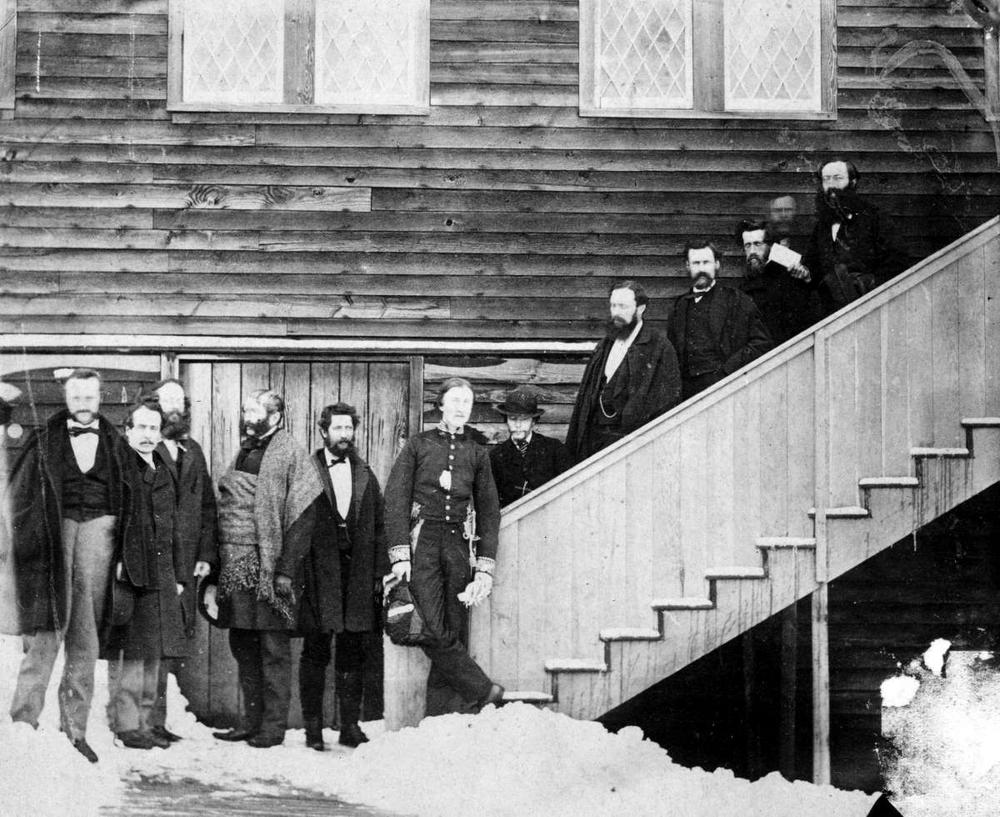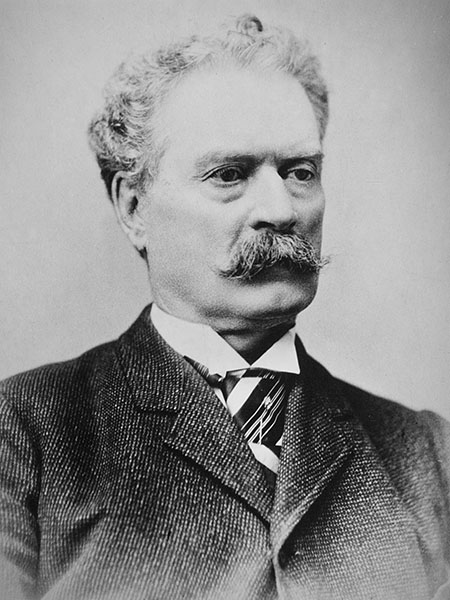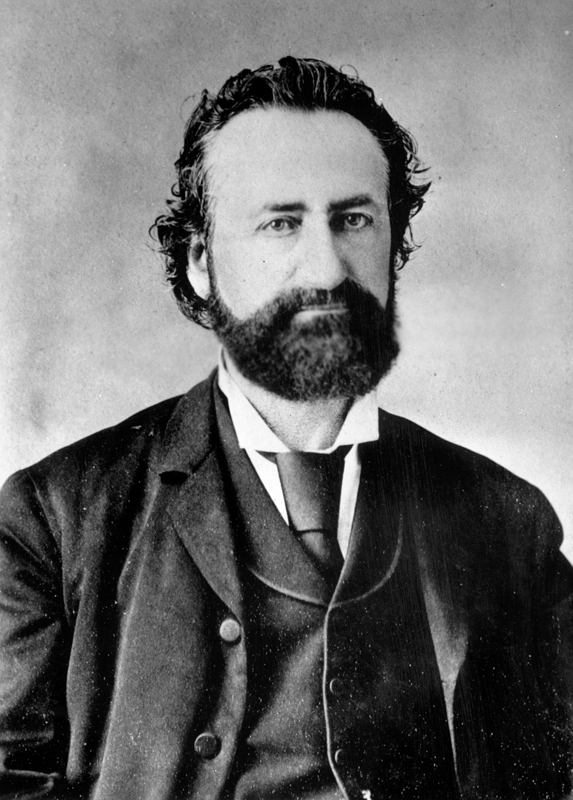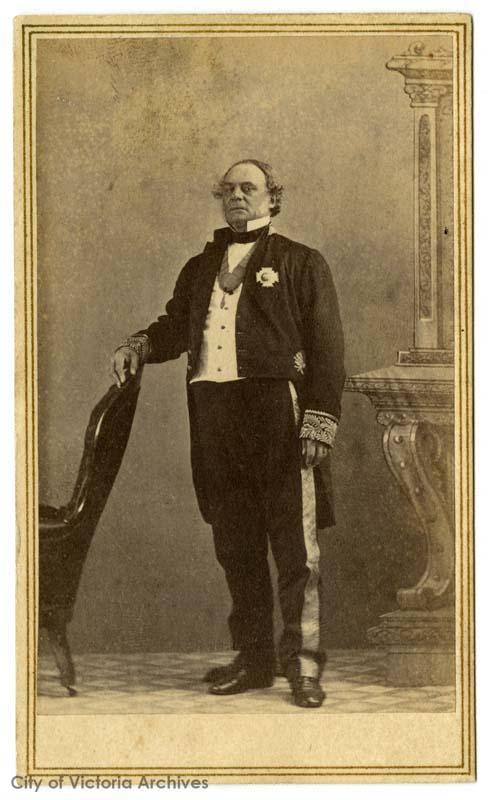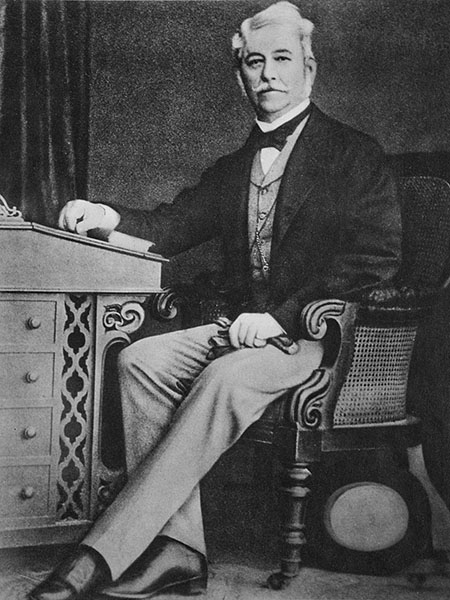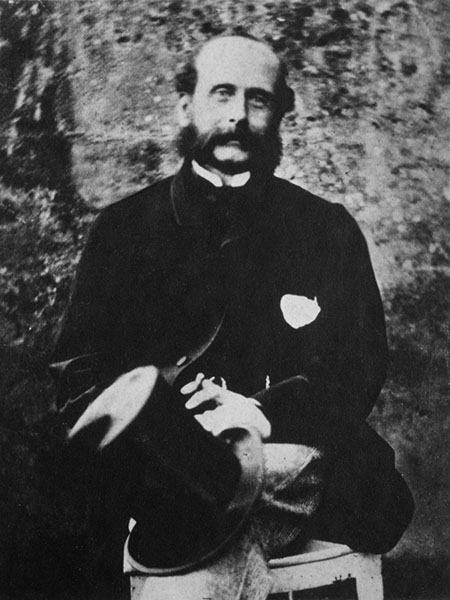The mainland Colony of British Columbia experienced swift growth during the gold rush, which began in 1858.
In 1863, with administration from Vancouver Island no longer deemed efficient, Britain appointed a 15 member Legislative Council, consisting of five senior officials, five magistrates, and five members selected to represent five districts of the mainland colony. It met for the first time in 1864.
During this period, Governor James Douglas’ bias for putting Vancouver Island’s interests ahead of the mainland’s was loudly criticized. Opposition was led by two newspapermen, Amor de Cosmos in Victoria and John Robson in New Westminster (both men would go on to become Premiers in their later careers). Douglas retired in 1864, to be replaced by two career administrators as governors: Governor Arthur Kennedy for the Colony of Vancouver Island and Governor Frederick Seymour for the Colony of British Columbia.
